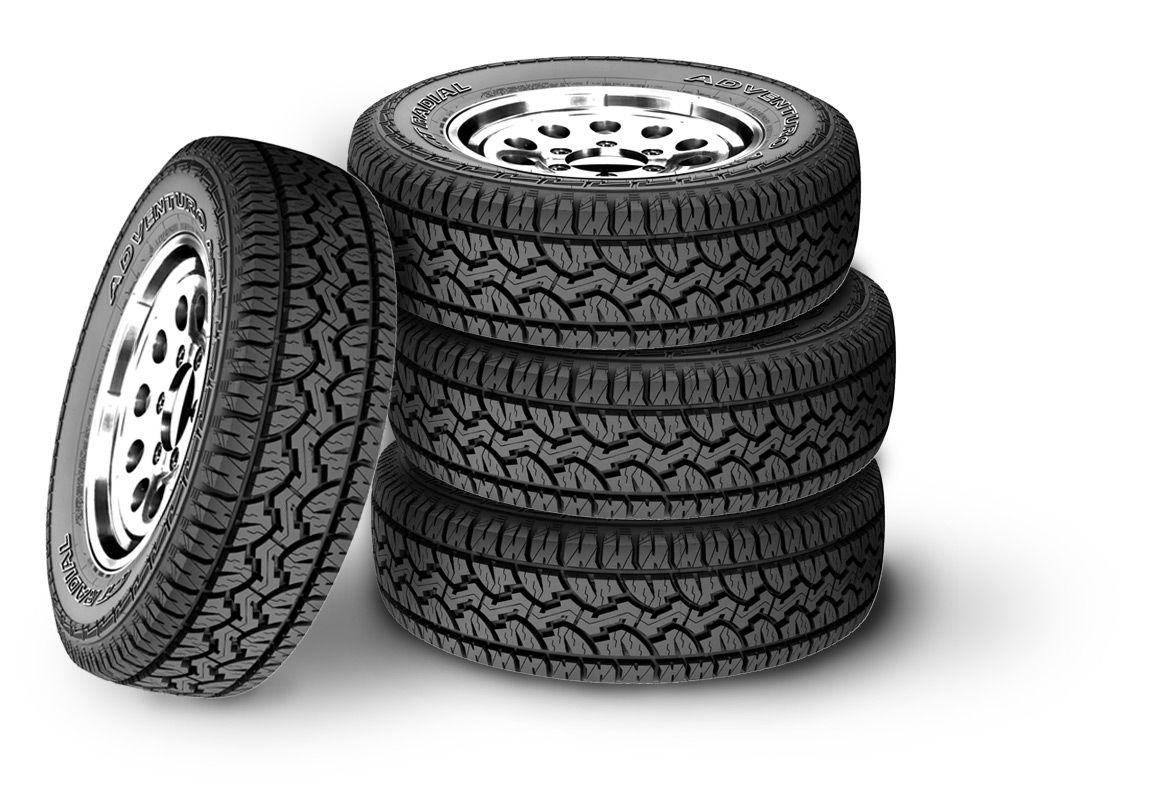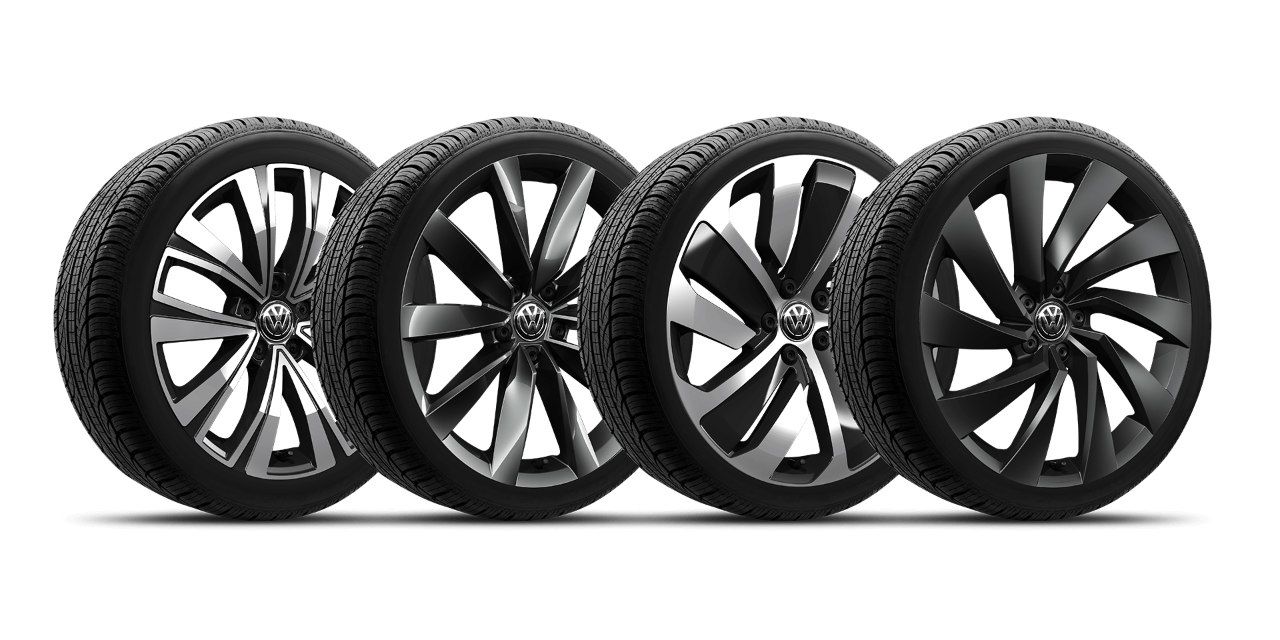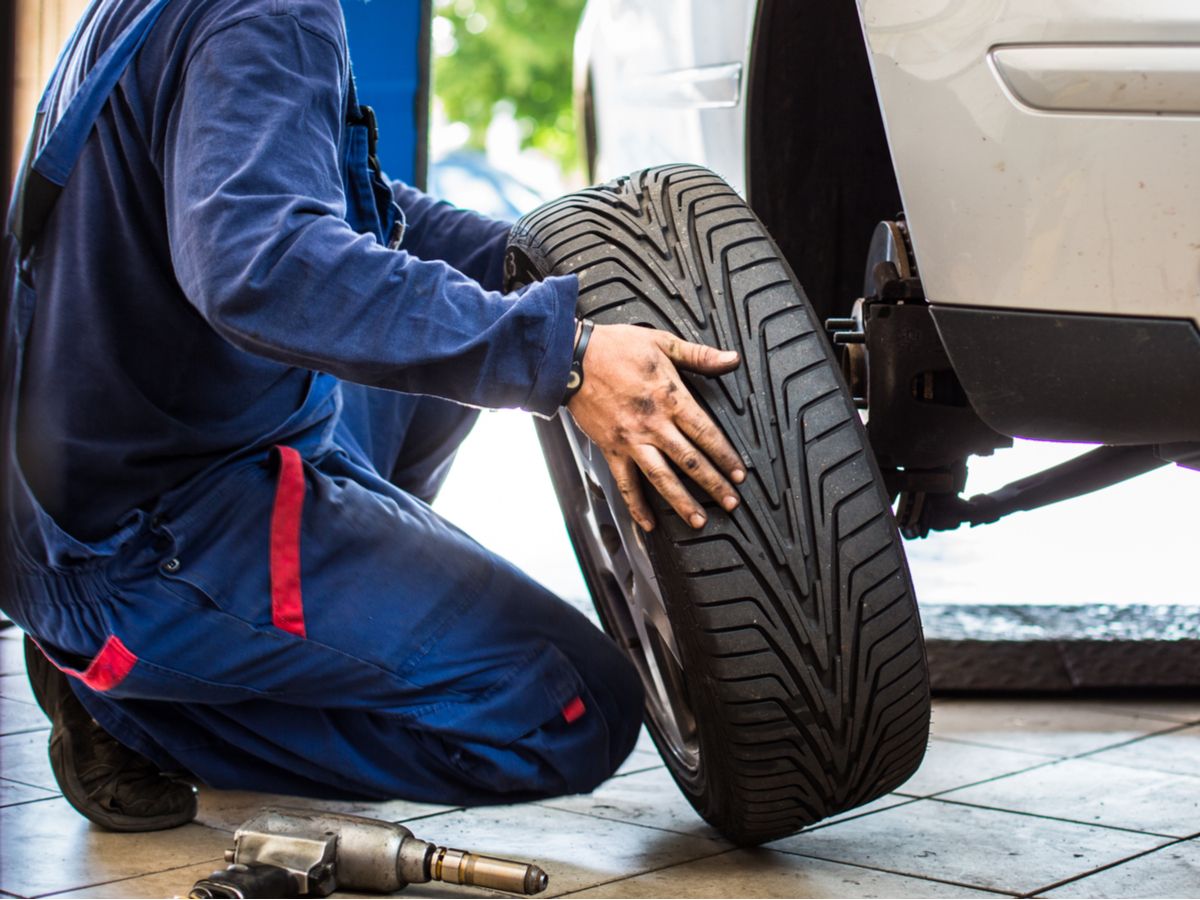If you live in a place with snowy winters, you've likely heard about specialized winter tires. You probably already know these snow tires offer better traction and braking in cold, icy conditions. You might have heard winter tires are critical to surviving winter with a rear-wheel-drive. Perhaps you even read that a fast car armed with winter tires is a snow bullet. It's true that tire chains really help with safe traveling. But there's no substitute for the correct tires.
Yet, many drivers are still putting off buying winter tires. Maybe they just blew a bunch of money on new summer tires and don't want to dish out for a second set. Here's the cold truth: Investing in winter tires can save you money in the long run.
If you store seasonal tires properly, they should last twice as long. All-season tires are inefficient and do not last very long; owning two sets of tires allows you to buy long-lasting, fuel-efficient summer tires that will perform better than your all-seasons too. Finally, a simple hack can make swapping tires free. Nothing compares to the peace-of-mind afforded by winter tires.
Properly Stored Tires Last Longer
Every mile that your tires roll wears down their surface tread. Eventually, your tires become bald and unsafe, and you have to buy a new set. A tire in storage will last between six and ten years. Over time, temperature swings and UV light harden a tire's rubber and crack its surface. If you store your tire away from direct sunlight and extreme temperatures, it can last twice as long.
The first enemy of a stored tire is temperature fluctuation. If you keep your tires outdoors or in an unheated barn or shed, they will wear out much more quickly. Likewise, if you leave offseason winter tires in a garage or greenhouse that is boiling hot all summer, they won't last long. Store your tires in the most temperate climate available; a basement is an ideal place for tire storage.
The second greatest threat to a stored tire is direct sunlight. Place each tire in an opaque trash bag before putting them into storage. It is safe to stack bagged tires on one another.
The final force that damages tires is ambient electricity. Avoid leaning your unused tires against a furnace or water pump to extend their life.
Specialty Tires Save Money
One of the main differences between summer and winter tires is their rubber compound. Summer tires are designed to grip the road in warm temperatures. Winter tires are engineered with more flexibility to afford traction and braking in colder temperatures.
All-season tires must be able to handle light winter conditions, and for this reason, they offer much less grip in the summer. During the summer, all-season tires restrict your cornering, braking, and acceleration. They also limit your fuel efficiency, and they wear out faster than summer tires.
One great way to save money on tires is to buy long-lasting tires. Most tire manufacturers offer mileage warranties--ranging from 30,000 to 100,000 miles--depending on the thickness of their tread and the durability of materials used. Companies that offer extended warranties engineer their tires to last; when you can go longer without buying and installing new tires, you will save money.
Another way to save valuable money is to opt for more fuel-efficient tires. Most tire manufacturers offer a model designed for efficiency. Some tire companies refer to them as their "eco" or "green" tires. Engineers design these tires to reduce rolling resistance. Some fuel-efficient tires improve your overall miles per gallon by 4%.
Pros Pick Up A Second Set Of Rims
One of the most significant costs associated with seasonal tires is having your tires changed twice a year. A technician at a garage or tire store uses a hydraulic tire machine to remove the old tires from your rim and stretch the new tires over your rim. Then they balance your tire to eliminate any vibrations: They spin the tire and wheel on a balancing machine to check for inconsistencies and fix them by clamping small lead weights to your rim. Some shops charge $15-$20s per rim--or more--to mount and balance tires. The total cost can be the same as one brand new tire, and you have to pay it twice a year.
Many budget-minded drivers buy a second set of rims for their car. Rims are often available to ship through eBay or for local pick up on Craigslist. With a spare set of wheels, you can store your off-season tires mounted and balanced. When it comes time to change tires, you can either do it yourself or pay for a "tire rotation" at your local garage. A tire rotation is a service procedure that requires moving each tire to a different corner of the vehicle to prevent uneven wear and checking each is still correctly balanced. A tire rotation costs less than having new tires mounted.
Peace Of Mind Is Priceless
In hot weather, summer tires afford better cornering and faster braking. In snowy or icy conditions, winter tires could save your life. You can imagine how expensive accidents and injuries can be. Besides, you can't quantify the value of the peace-of-mind gained when you have done everything in your power to keep you and your beloved passengers safe. Specialized winter tires may save you money in the long run. But they are also priceless.
Sources: Road and Track, Bridgestone, The Globe and Mail, and HowStuffWorks





